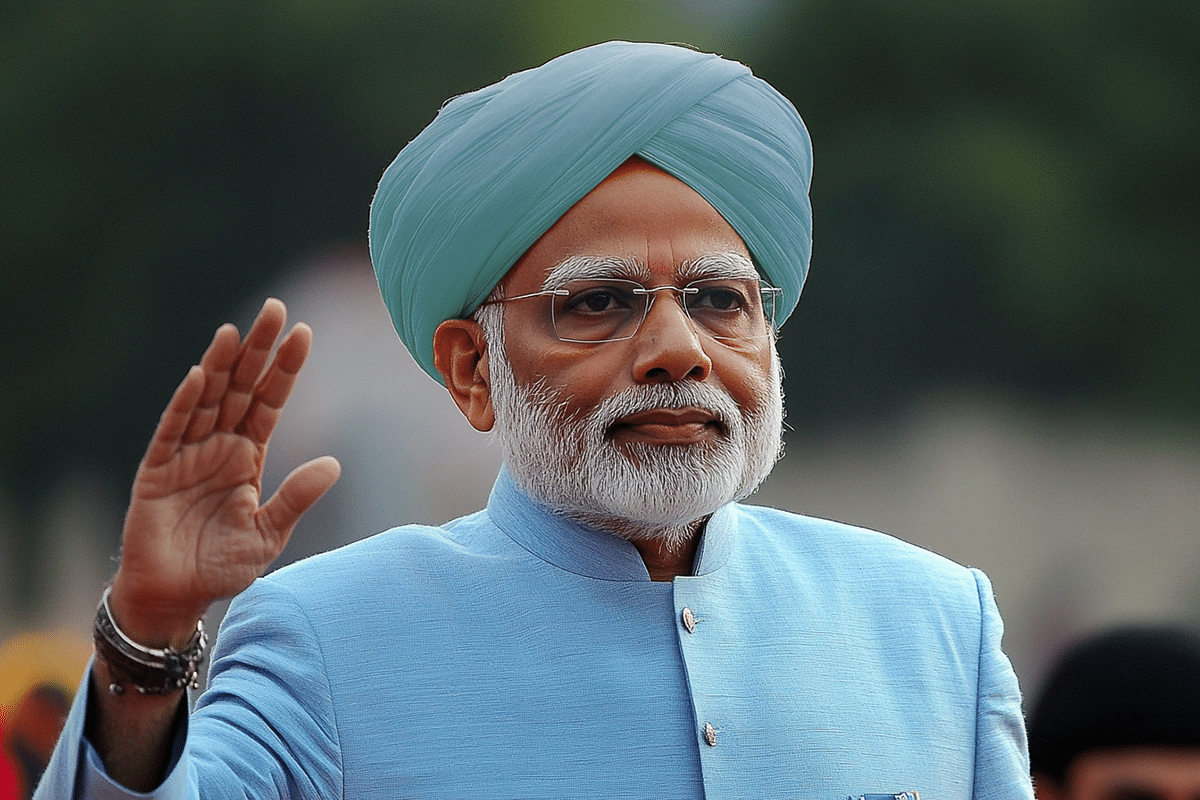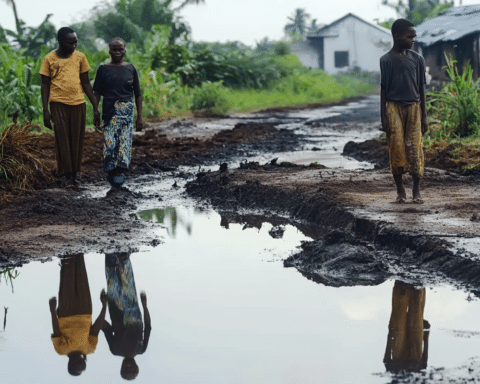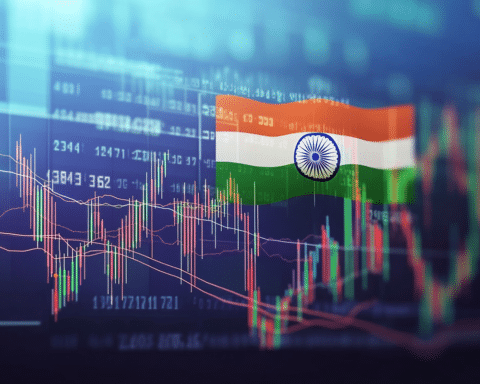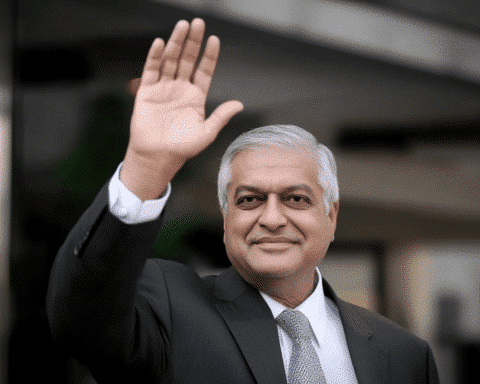India is observing a seven-day mourning period to honor former Prime Minister Manmohan Singh, who passed away on Thursday at the age of 92. Singh, widely regarded as the architect of India’s economic reform program, was an influential figure in shaping the nation’s modern economic landscape. His death has prompted an outpouring of tributes from political leaders and citizens alike.
In respect of Singh’s passing, authorities have canceled all cultural and entertainment events for the week. Government buildings across India are flying the national flag at half staff. The former prime minister’s body was placed in a glass casket, draped in the Indian flag and surrounded by flowers, allowing leaders and mourners to pay their final respects. A public cremation ceremony is scheduled for Saturday.
Singh, a technocrat with a calm and composed personality, served as Prime Minister of India for ten years, from 2004 to 2014. Known for his integrity and commitment to the nation’s development, he was appointed by Sonia Gandhi, the surviving spouse of former Prime Minister Rajiv Gandhi, who was tragically assassinated. Singh’s leadership was particularly marked by his pivotal role in driving economic reforms, which played a crucial part in making India one of the world’s fastest-growing economies.
As the leader of the Congress Party in Parliament’s upper house, Singh earned a reputation as a man of great personal integrity and a prudent economic policymaker. Under his leadership, India saw significant growth and modernization, with economic policies that laid the foundation for the country’s booming tech and service sectors.
However, Singh’s second term in office was marred by controversies, most notably financial scandals and corruption charges linked to the organization of the 2010 Commonwealth Games. These issues undermined his administration’s credibility and were a contributing factor in the Congress Party’s crushing defeat in the 2014 national elections. The increasing prominence of the Bharatiya Janata Party (BJP), led by Narendra Modi, brought a major shift to India’s political landscape, leading to Modi’s overwhelming electoral win and his subsequent appointment as Prime Minister.
Despite these controversies, Singh’s legacy as a steady and reliable leader remains intact for many. He was known for his calm, methodical approach to governance and his ability to navigate complex political and economic challenges. His tenure is credited with setting the stage for India’s economic transformation, even if his later years in office were overshadowed by allegations of corruption within his party.
After relinquishing the post of Prime Minister, Singh largely withdrew from the public eye, adopting a low-profile role in politics. Yet, his contributions to India’s economic development continue to resonate across the country.
With his passing, India bids farewell to one of its most respected leaders. Singh’s life, marked by honesty, simplicity, and dedication to the country’s progress, will be remembered for years to come.





